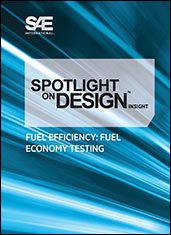Training / Education
Fundamentals of Functional Gaging and Measurement - Foundational Level
This 2-day foundational-level course teaches functional gaging design. It covers how to verify part dimensional requirements using functional gages and other measurement methods. The course offers an explanation of metrology, the roles of the metrologist and inspector, measurement uncertainty, inspection tools, functional gages, inspection planning and reporting, and simulating datums. Each participant receives: A Functional Gaging and Measurement Workbook and Drawing handouts. Newly acquired learning is reinforced throughout the class with numerous practice exercises.


